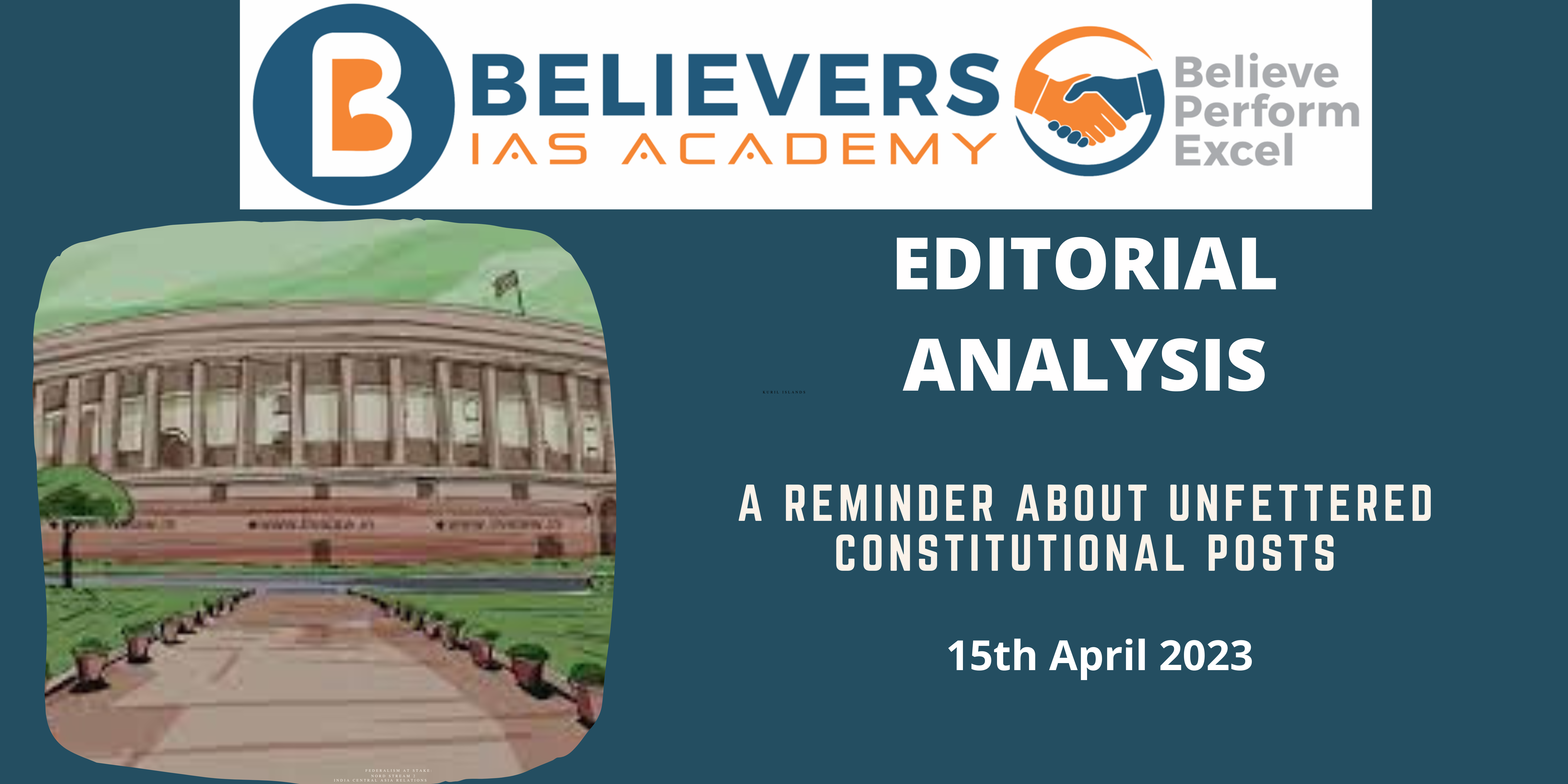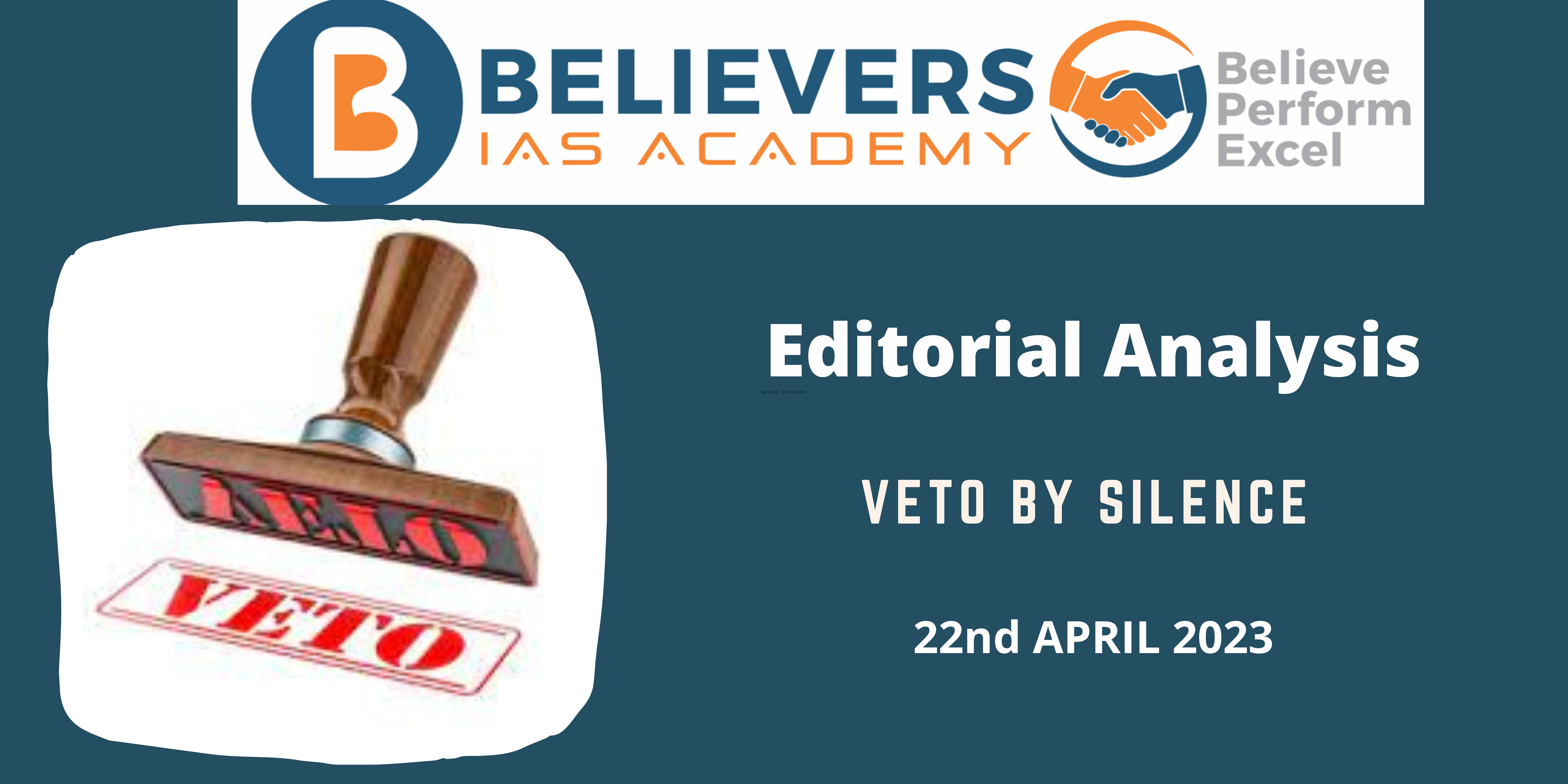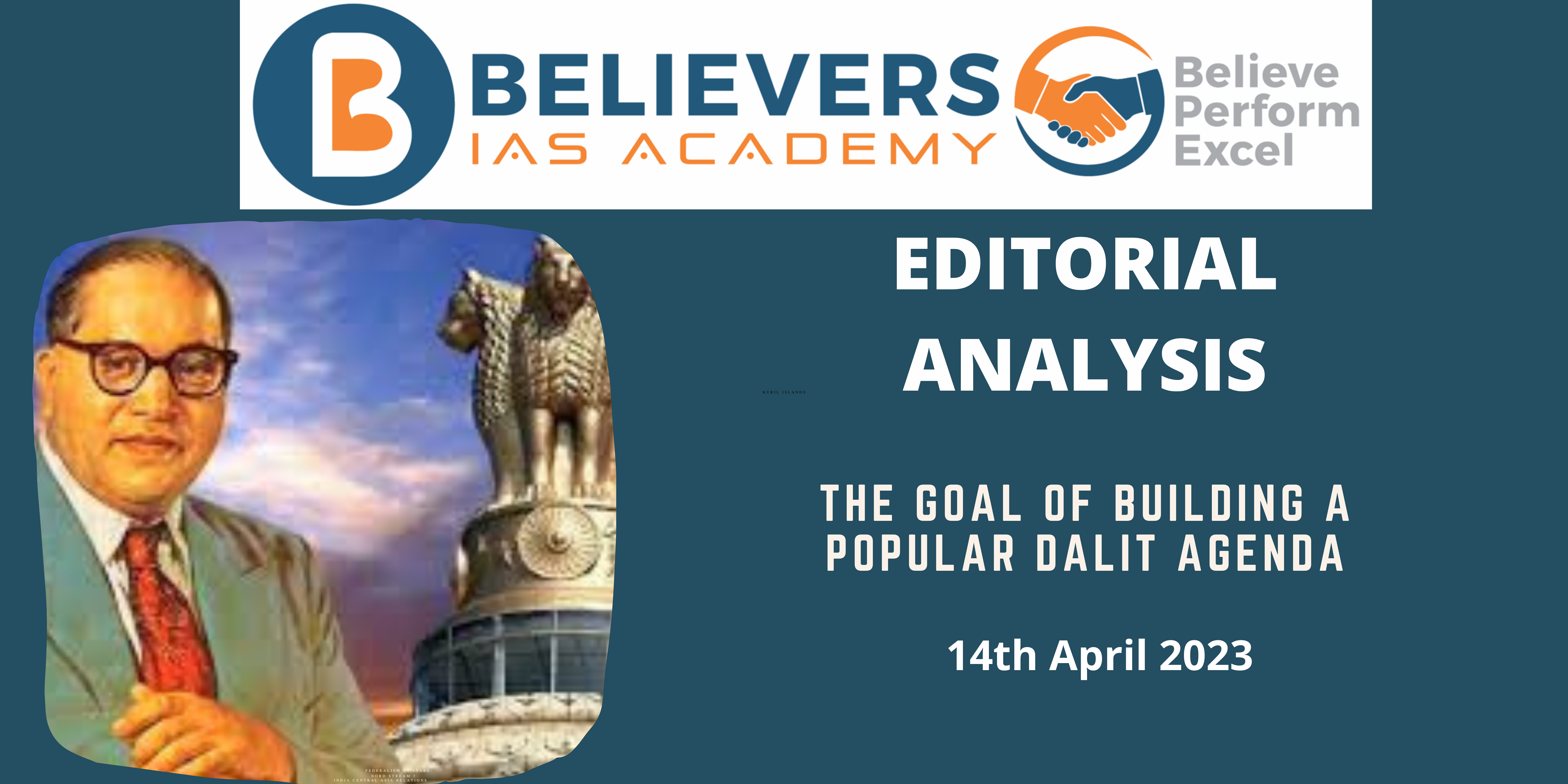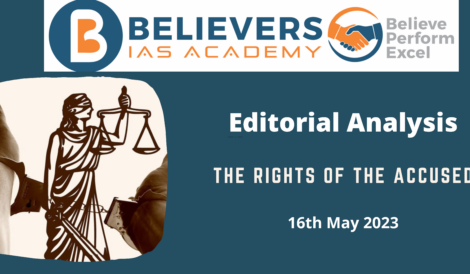A Reminder About Unfettered Constitutional Posts
Context:
Two recent Supreme Court of India comments would have a direct impact on the concept of independence of several constitutional authorities in India. During a hearing in the ‘Sena against Sena’ case, the Court expressed “serious concern” over Governors’ active role in State politics, observing that Governors being involved in political processes is troubling. Earlier, the Court took an important step towards ensuring the independence of the Election Commission of India by depriving the executive of sole discretion in appointing the Chief Election Commissioner (CEC) and Election Commissioners (ECs) by forming a committee to suggest suitable names for these constitutional posts.
Points to Ponder:
- Recent Supreme Court of India comments raise concerns regarding the independence of India’s constitutional authorities.
- The Court was concerned about Governors getting involved in state politics and convening a committee to recommend names for the Chief Election Commissioner and Election Commissioners.
- To prevent the elected administration from abusing power, India’s democracy requires checks and balances.
- Various constitutional bodies, such as the Public Service Commission, the CAG, the ECI, and the National Commissions for SCs, STs, and BCs, are necessary for regulating national-importance sectors without executive intervention.
- The Constitution specifies how individuals in charge of these institutions will be nominated to ensure their independence.
- Independence necessitates independence from entrenched interests as well as the ability to withstand executive coercion.
- For appointments such as Prime Minister, Attorney-General, Finance Commission, Public Service Commission, and Special Officer for Linguistic Minorities, the Constitution employs simple terms such as “shall be appointed by the President.”
- However, the words shall be appointed by the President by warrant under his hand and seal’ are used for Supreme Court and High Court judges, CAG, Governor, and National Commissions for SCs, STs, and BCs.
- The President operates with the assistance and advice of the Council of Ministers, with the Prime Minister as the head of all subjects vested in the executive.
- However, if the nomination of a specific constitutional authority is to be retained independent of the administration, the question arises as to whether such an interpretation would be consistent with the thought that prevailed during the relevant Constituent Assembly deliberations.
- The talks in the Constituent Assembly about the appointment of the CAG and Governor revealed that the positions of these constitutional bodies must be strengthened to ensure their independence.
- Certain qualifications must be met by people who may be considered for appointments made by the President, according to the Constitution.
The need for independent institutions
- A democracy necessitates a system of checks and balances to prevent the chosen government of the day from abusing power.
- To regulate sectors of national importance without executive interference, independent institutions such as the Public Service Commission, the Comptroller and Auditor General of India (CAG), the Election Commission of India (ECI), the Finance Commission, and the National Commissions for Scheduled Castes (SC), Scheduled Tribes (ST), and Backward Classes (BC) are required.
- The Constitution requires that persons who lead these organisations be appointed in a way that ensures their entire independence.
- Independence is a necessary characteristic that permits these institutions to operate without fear or favor and in the best interests of the nation.
- These institutions must be able to withstand executive pressure and be unaffected by vested interests.
- The process of appointing individuals to lead these institutions is important to their independence, and the Constitution utilizes different phrasing for different institutions to protect their independence from the executive’s whims.
- The President of India has the authority to designate all constitutional authorities, but the Constitution-makers considered those institutions whose independence is critical to the country and how their independence could be protected from the whims of the executive.
- These independent institutions are the watchdogs of our democracy, and their positions must be so strong that no one, no matter how powerful, can influence them.




